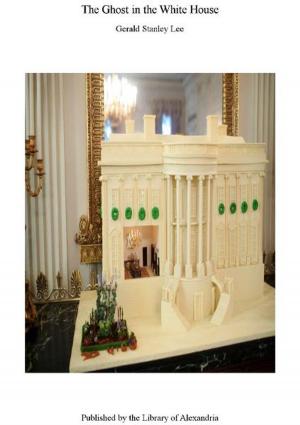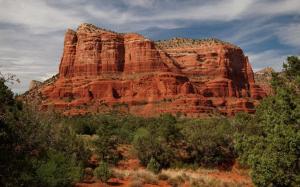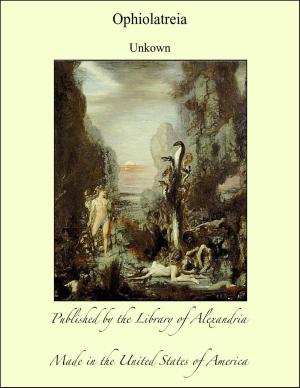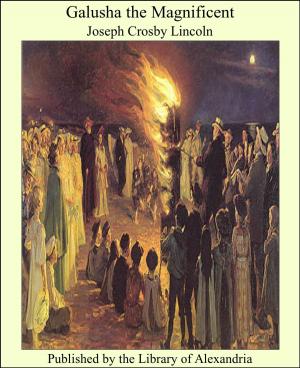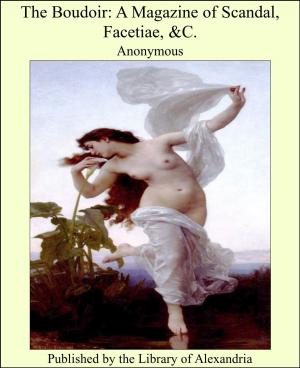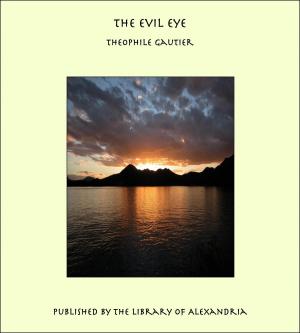| Author: | William Benham & Charles Welch | ISBN: | 9781465585851 |
| Publisher: | Library of Alexandria | Publication: | March 8, 2015 |
| Imprint: | Language: | English |
| Author: | William Benham & Charles Welch |
| ISBN: | 9781465585851 |
| Publisher: | Library of Alexandria |
| Publication: | March 8, 2015 |
| Imprint: | |
| Language: | English |
Mediæval London—it is a perfectly distinct and real subject, though it might be difficult to give exact dates of beginning and end. Historical periods glide in, and run their course, and fade away or take fresh shape. Yet we may venture to approximate, and to say with some confidence that Ancient London changed into Mediæval in the days of King Alfred, and passed into Modern with the accession of the Stuarts. The Great Fire of 1666 made vast changes not only in the city itself, but in the surroundings thereof, but modern London had begun nearly a century before that. London is not mentioned in Cæsar’s account of Britain, but we know from Tacitus that it existed and was a place of importance. In a lecture of Dean Stanley delivered in Exeter Hall, entitled “The Study of Modern History in London,” he follows the etymology accepted in his time, and interprets the name “The City of Ships.” That derivation was disproved by Dr. Guest, and the meaning now, so far as I know, universally held by scholars is “The Fortress by the Lake.” The “lake,” so called, was the river spread out in a wide marsh on the Surrey side, and the “fortress” was a palisaded ground round the neighbourhood of the present Cannon Street Station. When the Romans took possession in the first half of the first century, they fortified it with a tower and a wall. Parts of the Roman wall are still standing; most of it remained in the days of Mediæval London. Substantial fragments of the later wall taken from around Bishopsgate are preserved in the Guildhall Museum. They include portions of handsome Roman buildings and sculptured ornaments. Evidently some, having fallen into decay, were in the course of ages used by mediæval Londoners for the repairs of their walls. And there are further remains of elaborate furniture, and other proofs of high civilised life in London. But the written history of the city during the Roman occupation is a blank. It was certainly the largest port in the country, but of written records there are none. Traditions there are of visits of Apostles and other Christian missionaries, and one church in the city has a brass plate stating that it stands on the site of the mother church of London, the foundation of King Lucius. But this is a sheer myth, King Lucius and all. That during those years of Roman dominion there were Christian congregations we may feel confident, but there are no proofs. Beyond the city were swamps and marshes on all sides. A dreary tract covered with reeds and thorns, and formed into an island by a river which came down from the hills and enclosed it by forking off into the Thames, is now occupied by the fair City of Westminster. I myself can remember when a large part of Belgravia still consisted of fields. A somewhat eccentric Hertfordshire baronet, who seconded the Reform Bill of 1832, once brought up a bag fox and a pack of hounds, and hunted him through those fields. The swamp continued all the way to Fulham on the west, and over Finsbury on the north. Beyond the marshes all round rose a region of thick, well-nigh impenetrable forest.
Mediæval London—it is a perfectly distinct and real subject, though it might be difficult to give exact dates of beginning and end. Historical periods glide in, and run their course, and fade away or take fresh shape. Yet we may venture to approximate, and to say with some confidence that Ancient London changed into Mediæval in the days of King Alfred, and passed into Modern with the accession of the Stuarts. The Great Fire of 1666 made vast changes not only in the city itself, but in the surroundings thereof, but modern London had begun nearly a century before that. London is not mentioned in Cæsar’s account of Britain, but we know from Tacitus that it existed and was a place of importance. In a lecture of Dean Stanley delivered in Exeter Hall, entitled “The Study of Modern History in London,” he follows the etymology accepted in his time, and interprets the name “The City of Ships.” That derivation was disproved by Dr. Guest, and the meaning now, so far as I know, universally held by scholars is “The Fortress by the Lake.” The “lake,” so called, was the river spread out in a wide marsh on the Surrey side, and the “fortress” was a palisaded ground round the neighbourhood of the present Cannon Street Station. When the Romans took possession in the first half of the first century, they fortified it with a tower and a wall. Parts of the Roman wall are still standing; most of it remained in the days of Mediæval London. Substantial fragments of the later wall taken from around Bishopsgate are preserved in the Guildhall Museum. They include portions of handsome Roman buildings and sculptured ornaments. Evidently some, having fallen into decay, were in the course of ages used by mediæval Londoners for the repairs of their walls. And there are further remains of elaborate furniture, and other proofs of high civilised life in London. But the written history of the city during the Roman occupation is a blank. It was certainly the largest port in the country, but of written records there are none. Traditions there are of visits of Apostles and other Christian missionaries, and one church in the city has a brass plate stating that it stands on the site of the mother church of London, the foundation of King Lucius. But this is a sheer myth, King Lucius and all. That during those years of Roman dominion there were Christian congregations we may feel confident, but there are no proofs. Beyond the city were swamps and marshes on all sides. A dreary tract covered with reeds and thorns, and formed into an island by a river which came down from the hills and enclosed it by forking off into the Thames, is now occupied by the fair City of Westminster. I myself can remember when a large part of Belgravia still consisted of fields. A somewhat eccentric Hertfordshire baronet, who seconded the Reform Bill of 1832, once brought up a bag fox and a pack of hounds, and hunted him through those fields. The swamp continued all the way to Fulham on the west, and over Finsbury on the north. Beyond the marshes all round rose a region of thick, well-nigh impenetrable forest.

